Columbia University in the United States finds itself once again at the center of student activism, as echoes of the Vietnam War protests resurface in the wake of massive anti-Israel demonstrations on campus.
Hundreds of students seized Hamilton Hall on Tuesday, mirroring a historic event from 1968 when the hall was occupied during protests against the Vietnam War. This time, the occupation serves as a rallying cry against ongoing Israeli aggression and massacres in the Gaza Strip.
The haunting memory of the Vietnam War, which ended nearly a decade ago, still lingers at Columbia University. The war, characterized by American imperialism and opposition from civil society and anti-war students, culminated in the defeat of the United States by Vietnamese forces.
In 1968, Columbia University stood at the forefront of the anti-war movement, with students demanding an end to the university's ties with the Institute for Defense Analysis (IDA), a think tank heavily involved in the Vietnam War.
The protest saw the occupation of five campus buildings, including the office of Columbia's president, Grayson Kirk. Over 700 students were arrested in just seven days, sparking a wave of student activism that led to significant concessions from the university.
Ultimately, the protests resulted in the cancellation of plans to build a segregated gymnasium in Morningside Park and the withdrawal of the IDA from campus. Military recruitment was temporarily banned, and the university president resigned in the aftermath of the protests.
Now, in 2024, Columbia University once again finds itself embroiled in student activism, this time in solidarity with the people of Gaza. Calls for divestment from companies doing business with the Israeli military have led to clashes with authorities, resulting in over 100 arrests.
Former student leader Mark Rudd, reflecting on the current protests, noted a shift in tactics and approach compared to the protests of 1968. Despite facing criticism for their methods, today's protesters advocate for change with a sense of caution and strategy.
As the situation escalates, university officials have issued ultimatums to protesters, threatening expulsion for those who refuse to vacate campus buildings. Meanwhile, the humanitarian crisis in Gaza worsens, with the United Nations warning of famine and widespread displacement amid Israeli airstrikes and ground attacks.
As the world watches, the voices of student activists at Columbia University echo the sentiments of a bygone era, underscoring the enduring legacy of resistance and solidarity in the face of injustice.



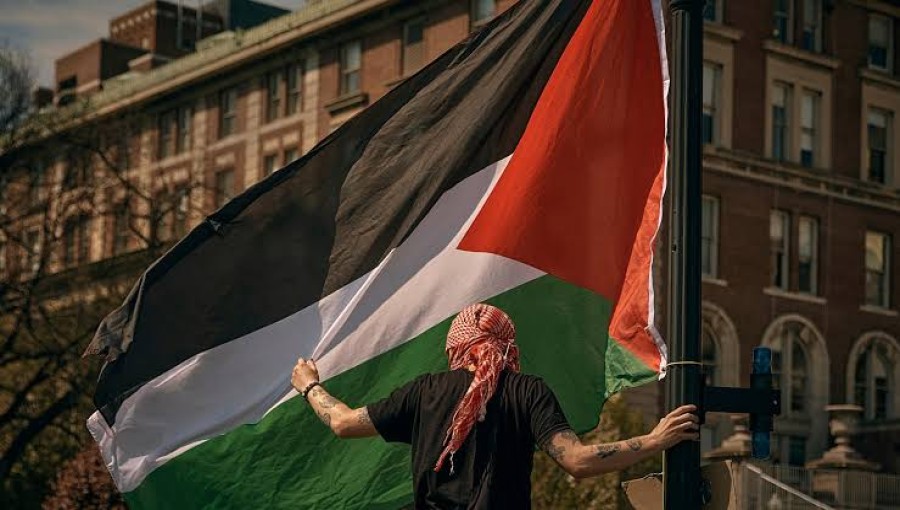
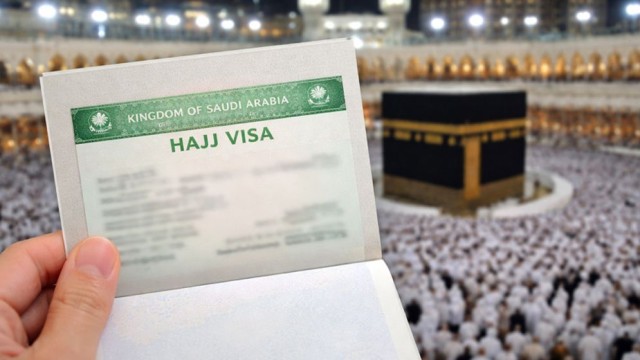
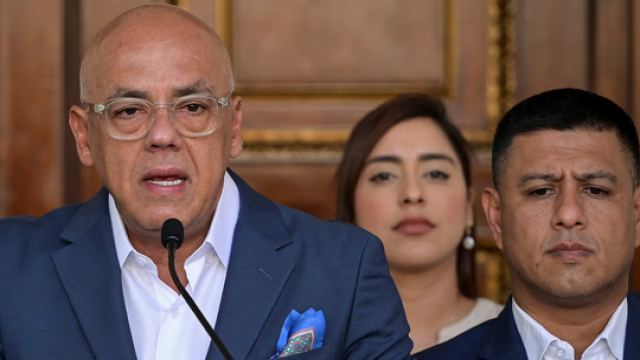
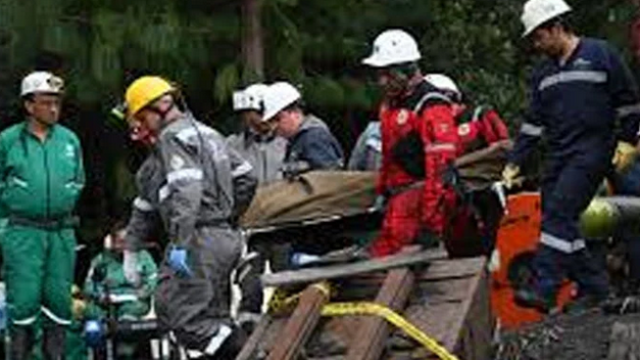


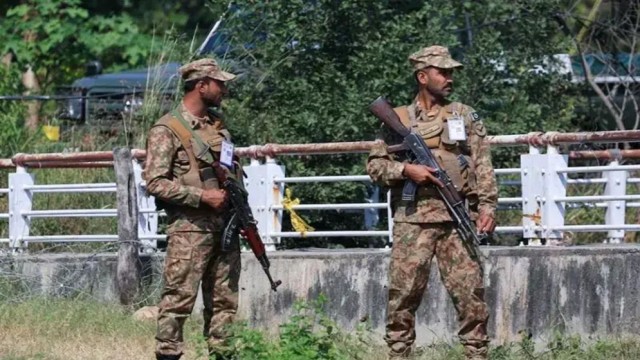
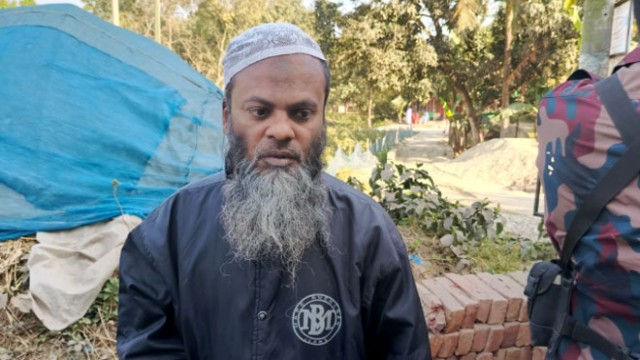
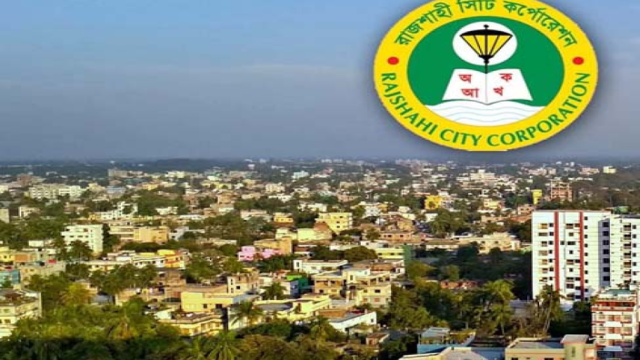
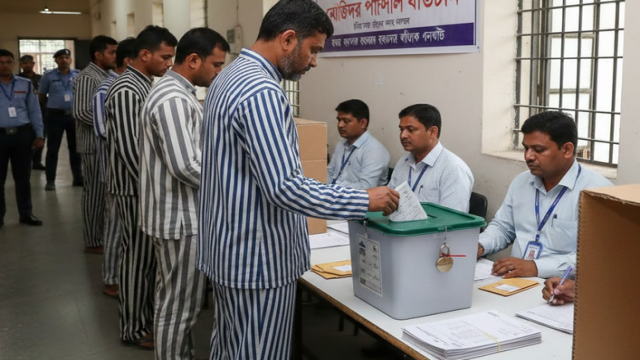





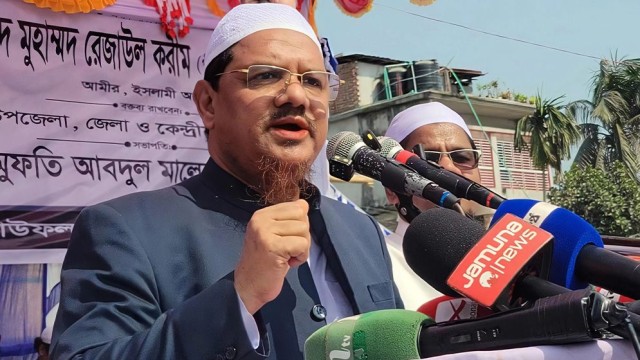











Comment: